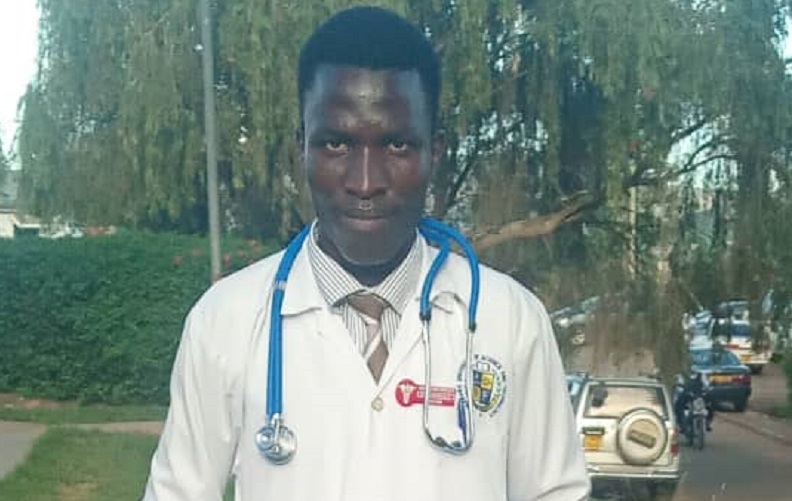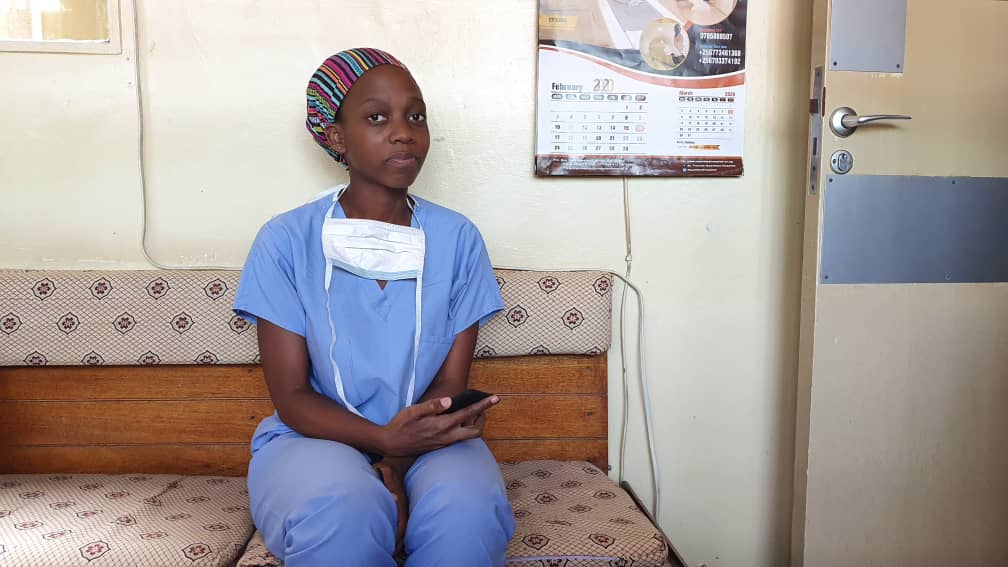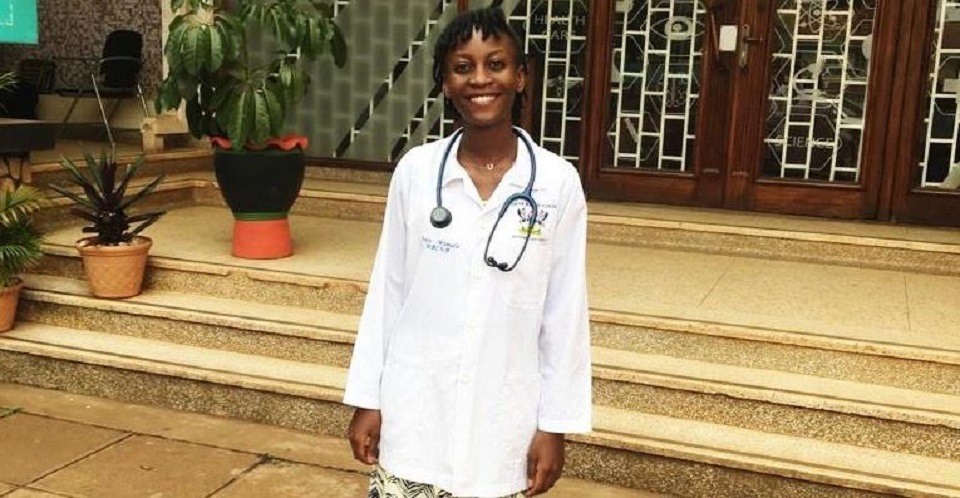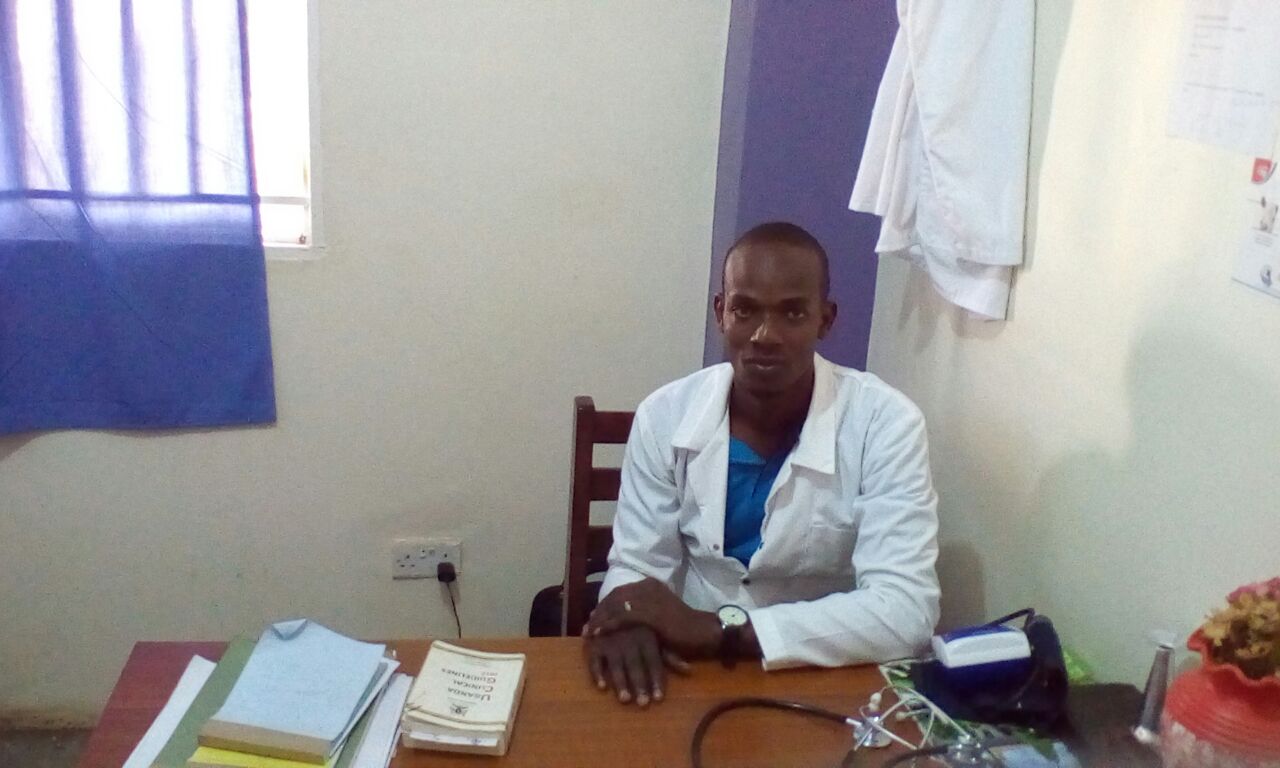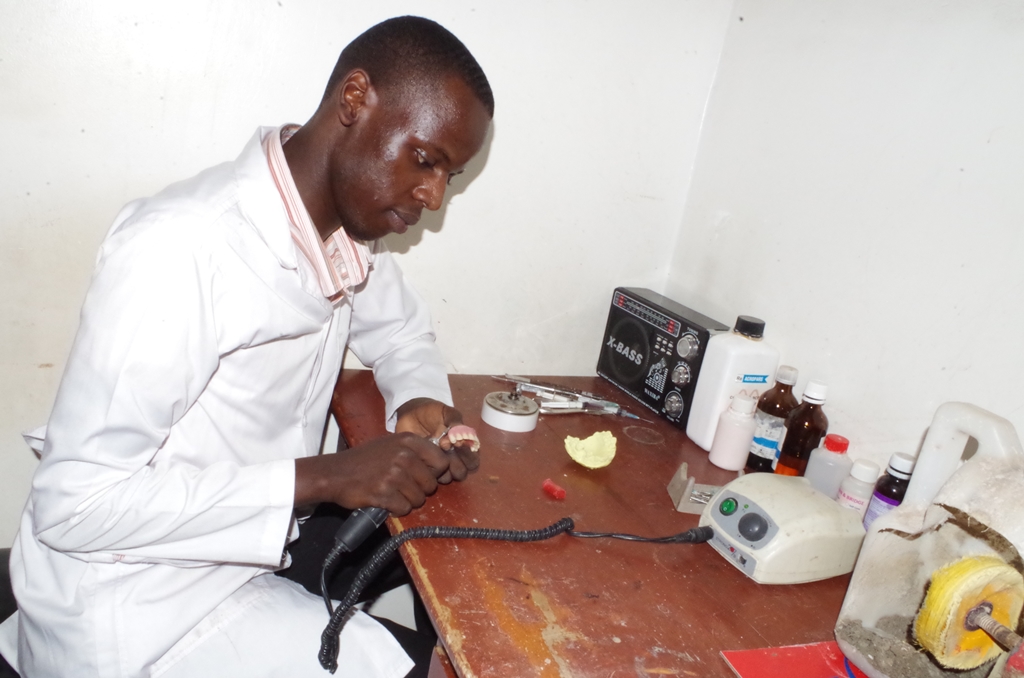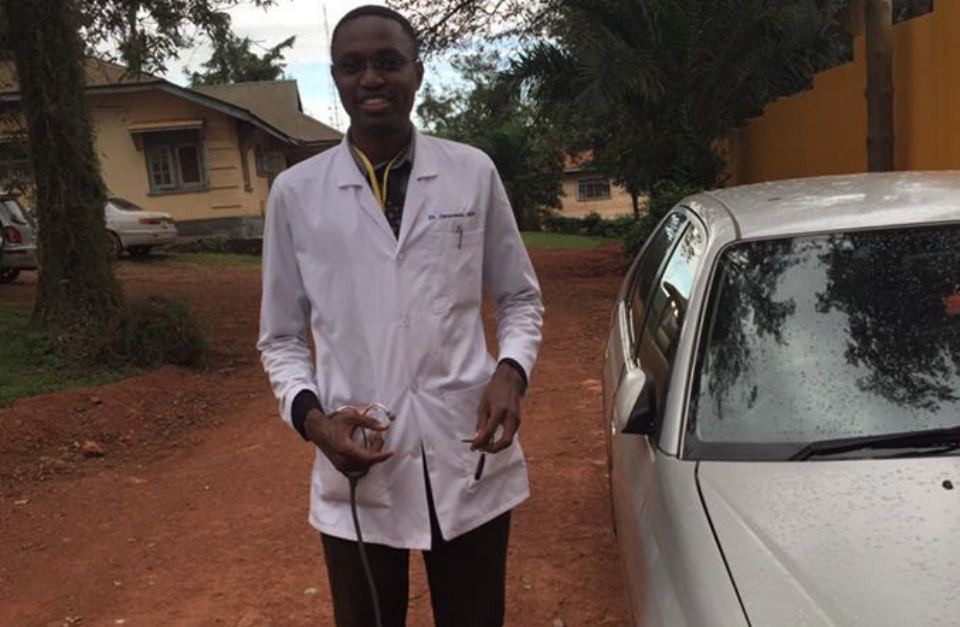Breaking News
- Flexible Remote Work Opportunity for University Students: Earn $100–$250 Per Month ...Read More
- Ministry of Education and Sports Azerbaijan Government Scholarships For 2025-2026 Academic Year ...Read More
- Government Sponsorship Undergraduate Admission Lists 2025-26 for Makerere University ...Read More
- Ministry of Education And Sports: Egyptian Government Scholarships 2025-2026 Academic Year ...Read More
- Ground Breaker Full Scholarship for girls to study Software Engineering 2025 July Intake ...Read More
- Tony Elumelu Foundation Entrepreneurship Programme (TEEP) 2025 for young African Entrepreneurs ...Read More
- DESIGNING FUTURES 2050 International Design Competition 2025 (€15,000 prize) ...Read More
- Ground Breaker Full time Scholarship for girls to study Software Engineering 2025 Intake ...Read More
- Ministry of Education And Sports Algerian Vocational Training Scholarships for 2024-2025 AY ...Read More
- Ministry of Education and Sports Advert for the Algerian Government Scholarships for 2024-2025 ...Read More
Meet Arnold Bamwesiga
Medical Laboratory Scientist at National Health Laboratory and Diagnostic Services
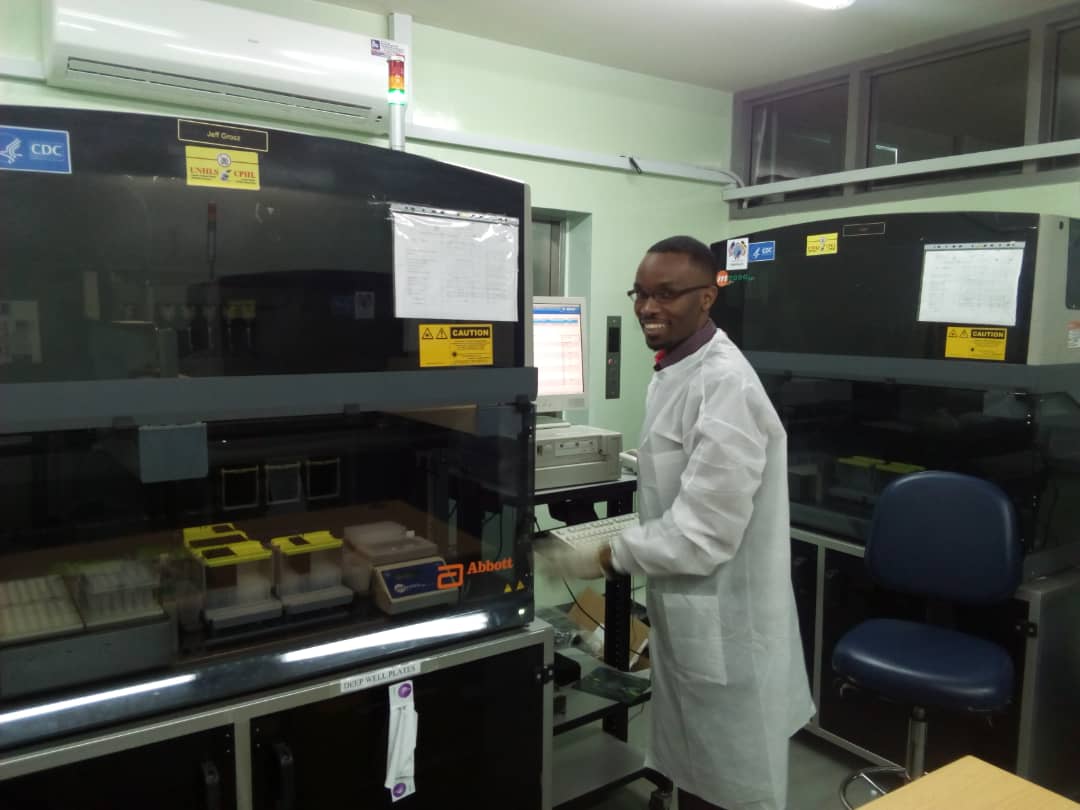
Anyone who has had to go to the hospital for any form of diagnosis has interfaced with a Medical Laboratory Scientist. These scientists play a tremendous role in the health sector of every nation as without their quality services, diagnosis of diseases would be very hard if not impossible.
In today's Career Spotlight, Arnold Bamwesiga shares with us what it takes to become a Medical Laboratory Scientist. This is what we asked
Describe what you do as a Medical Laboratory Scientist and what motivated you to pursue that career path?
Medical laboratory scientists assist physicians in the diagnosis and treatment of diseases by performing tests on tissue, blood, and other body fluids.
 Arnold in his line of work at CPHL
Arnold in his line of work at CPHL
At Central public health laboratories (CPHL), I was running dry blood samples (DBS) and plasma for viral load for HIV patients countrywide since CPHL is the central testing laboratory in Uganda for viral load. CPHL, also known as National health laboratory and diagnostic services (NHLDS), as a department under MoH, has a mandate to manage all laboratories in Uganda.
And as such, it usually trains national mentors in the different aspects of the laboratory. I happened to be a national mentor in the EID and viral load program.
Also, under a CPHL and MoH partner company, lifecare diagnostics Uganda limited, the representatives of a rapid diagnostic test kits manufacturing company in Uganda, I supervise the Eastern region of Uganda and I do mentorship in health facilities ranging from health center iii's to regional hospitals on quality kit and equipment utilization for the company.
Medical laboratory science as a Bachelor's course at Mbarara university was not my first choice course while I was applying for a Bachelors's degree at university. Like any other A-level student, my aim was either Bachelors in Medicine or Pharmacy.
Fortunately or unfortunately I got 19 points out of 25. (We were doing 4 subjects back then in 2011 at A-level). MLS is the course I was offered at university. And I ended up doing the 4-year course. There was no inspiration as per se, neither was there much career guidance about the course. That's why it's rarely chased after course at university.
What was it like finishing school and getting into your first jobs?
After 4 years of the course, from 2012 September to 2016 May, I worked as a research assistant for a certain doctor researcher at Mbarara regional hospital for 2 months immediately after campus.
I then volunteered with a company, human diagnostics Uganda limited that supplies medical lab equipment to health facilities for 3 months. In November 2016, I was offered an opportunity to volunteer at CPHL where I volunteered for 2 years up to September 2018 in the EID/ HIV viral load program.
I was then recommended to lifecare diagnostics Uganda limited, a company that distributes Abbott point of care testing kits and equipment in Sept 2018 up to date. I also worked at Mbarara medical diagnostic center, Mbarara regional referral hospital blood bank and Nakasero Hospital for one month each.
Anything cool about this job? Are there challenges?
This kind of work is fulfilling in terms of making a contribution to the diagnosis of patients. The biggest challenge is exposure to diseases as one is exposed to patients directly. This risk is however mitigated by the proper dawning of personal protective equipment (PPE).
What skills does one need to be a Medical Laboratory Scientist and how important are those skills?
Every necessary skill is offered at all the three training levels i.e. certificate, diploma or degree. Internships are offered at all three training levels.
How did school (High school and University) prepare you for the career you are pursuing today?
I got knowledge through the 5 essential course units at university i.e. microbiology, clinical chemistry, hematology, parasitology, histopathology. Every laboratory does tests that rotate around these 5-course units.
So what is the future like for this career field? What trends are you seeing that are going to define the field 5 years to come
Currently, NHLDS is trying to push for a bill governing all medical laboratories in Uganda and to streamline all work. This will open many doors (job opportunities) for many laboratory scientists and their contribution to the medical field will be appreciated.
Finally, what advice would you give someone who dreams of walking on the same career path you are on?
Medical laboratory field is so fertile with many career opportunities. It is the future of the medical field.




































